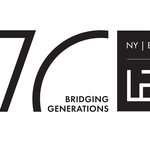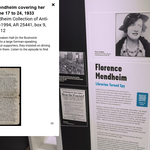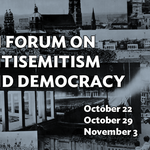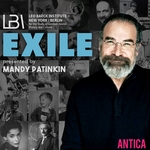“I want to understand what the world is made of.”
Preserving the Gertrude Scharff Goldhaber Collection

- Date
- Fri, Oct 1, 2021
A grant from the American Institute of Physics will support the processing and digitization of the papers of Gertrude Scharff Goldhaber, a pioneering woman in physics whose work advanced our understanding of nuclear structures.
The papers of Gertrude Scharff Goldhaber (1911–1998) are part of a larger collection that includes the papers of her husband Maurice Goldhaber (1911–2011), also a nuclear physicist. The Goldhabers were both born into Jewish families and met as students at the Humboldt University of Berlin, where they attended physics colloquia with Max Planck, Erwin Schr dinger, Albert Einstein, Max von Laue, Otto Hahn, and Lise Meitner. The Goldhabers married in the United Kingdom in 1939 and soon immigrated to the United States, where Maurice had secured a position at the University of Illinois at Champaign-Urbana. In 1950, the Goldhabers moved to Long Island to accept positions at the Brookhaven National Laboratory.
Gertrude made significant contributions to physics despite the major challenges she encountered both as a refugee and as a woman in a male-dominated field. When the newlywed couple moved to Champaign-Urbana, strictly-applied nepotism rules forced her to work in her husband’s lab as an unpaid assistant. As such, she became the main mentor to many of Maurice’s students. She also conducted classified research on nuclear fission, including the first observation that one or more neutrons are emitted during spontaneous nuclear fission.
At the Brookhaven National Laboratory, Gertrude finally achieved a staff position commensurate with her scientific accomplishments. Her studies on nuclei in excited states contributed to the collective theory of nuclear motion, for which Aage Bohr and Ben Mottelson received a Nobel Prize.
Thanks to a grant from the American Institute of Physics, LBI and the Gruss Lipper Digital Laboratory at the Center for Jewish History will process the approximately 19 linear feet of Gertrude’s papers, which consist of notes, graphs and diagrams, original data, and correspondence related to her research between 1930 and 2000, primarily at Illinois and Brookhaven.
From LBI News 112





